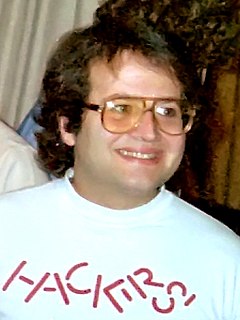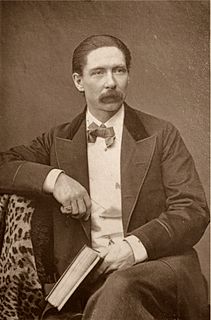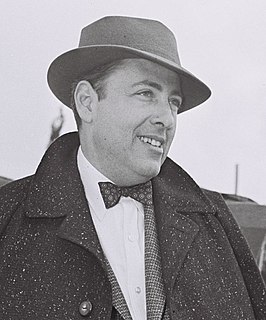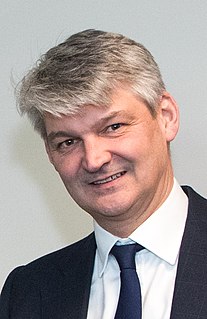A Quote by Anne Morrow Lindbergh
It was a magic caused by the collision of modern methods and old ones; modern history and ancient; accessibility and isolation. And it was a magic which could only strike spark about that time. A few years earlier, from the point of view of aircraft alone, it would have been impossible to reach these places; a few later, and there will be no such isolation.
Related Quotes
If you go back back a few hundred years, what we take for granted today would seem like magic - being able to talk to people over long distances, to transmit images, flying, accessing vast amounts of data like an oracle. These are all things that would have been considered magic a few hundred years ago.
Commentators frequently blame MMORPGs for an increasing sense of isolation modern life. But virtual worlds are less a cause of that isolation than a response to it. Virtual worlds give back what has been scooped out of modern life. The virtual world is in important ways more authentically human than the real world. It gives us back community, a feeling of competence, and a sense of being an important person whom people depend on.
It is beyond a doubt that during the sixteenth century, and the years immediately preceding and following it, poisoning had been brought to a pitch of perfection which remains unknown to modern chemistry, but which is indisputably proved by history. Italy, the cradle of modern science, was at that time, the inventor and mistress of these secrets, many of which are lost.
Individuality is different than isolation. Isolation is trying to do everything on your own, living life by yourself. Isolation happens when you choose not to be involved in any communities, making sure you keep a safe distance from people in your life. I’m not recommending isolation. Science, psychology, and religion all suggest long term isolation is dangerous and unhealthy.
A few hundred years ago, perhaps 85 or even 90 percent of humanity lived below a standard of living that today only 40 or 45 percent fail to reach. But at that earlier time only part of this poverty could have been eradicated, and this at substantial cost not only to the pleasures of the affluent, but also to their well-being and to human culture. In our time, nearly all severe poverty could be eradicated at a cost to the affluent that is truly trivial.





































